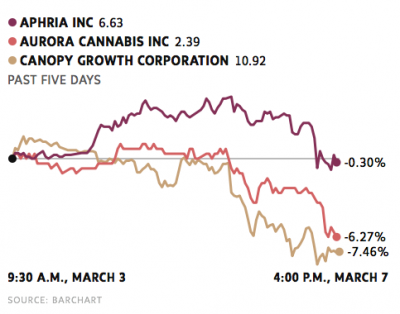The support for cannabis legalization by the public is stronger today than over the last few decades. However, most non-cannabis users still believe the old stereotype about "stoners" — that marijuana smokers are apathetic, unsuccessful, flaky… and the list goes on.
But, contrary to the popular stereotype which is based mostly on miss-information or lack of research, there is a new study which suggests they are in fact among the most satisfied and successful among us.
As it turns out, cannabis consumers are among the most well-adjusted and successful of American adults, based on results from BDS Analytics’ landmark cannabis consumer research study.
The study surveyed consumers (acceptors) and abstainers (rejecters) across a wide variety of mental, social and financial factors. The survey analysed extensive data from two US states that have voted to legalise the sale of cannabis -California and Colorado.
Among the findings, Cannabis Consumers are:
Accomplished Personally and Professionally
- Average annual household income among California Consumers is $93,800, compared to $72,800 for Acceptors and $75,900 for Rejecters.
- The percentage of people holding master’s degrees among California Consumers is 20 percent, compared to 13 percent for Acceptors and 12 percent for Rejecters.
- Full-time employment is enjoyed by 64 percent of Colorado Consumers, compared to 51 percent of Acceptors and 54 percent of Rejecters.
Satisfied with Life
- Nearly five in 10 Colorado Consumers agree they are more satisfied with life today than they were a year ago, compared to about four in 10 among Acceptors and Rejecters.
Parents Raising Families
- Cannabis Consumers are the most likely segment to be parents in California: 64 percent of Consumers are parents, compared to 60 percent of Acceptors and 55 percent of Rejecters.
- In addition, Consumers in California are significantly more likely to have children ages 10 years or younger at home — 37 percent of Consumers compared to 23 percent of Acceptors and 11 percent of Rejecters
Active Socially and Creatively
- Among Colorado Consumers, 36 percent agree they are very social people, compared to 21 percent for Acceptors and 28 percent for Rejecters.
- Acceptors in Colorado were more likely to enjoy the fine arts and describe themselves as creative.
Enjoy the Outdoors
- When compared to Rejecters, Consumers in both Colorado and California say they enjoy outdoor recreation at a higher rate — 50 percent for Colorado Consumers compared to 36 percent for Colorado Rejecters, and 57 percent for California Consumers compared to 26 percent for California Rejecters.
Nurturing and Volunteers
- In California, 60 percent of Consumers agree that they are nurturing people, compared to 41 percent of Rejecters. Also, 38 percent of Consumers say they volunteer their time to help others, compared to 25 percent of Rejecters.
The following is a comment from Linda Gilbert, head of the consumer research division at BDS: “Cannabis consumers are far removed from the caricatures historically used to describe them”.
Public support for cannabis legalization is at an all-time high, the misconception and myths around cannabis users is clearly debunked from this study. We are thankful that real insight and studies are now being done around cannabis. Over the years we expect this trend to continue and more light will be shed on the benefits of cannabis use. This will hopefully shatter the misconceptions and false information typically cited by people who are anti-cannabis. The tides are turning and the truth is being shared, that is a positive step forwards towards the legalization of cannabis.
See full report and details about BDS Analytics. June 6 2017










